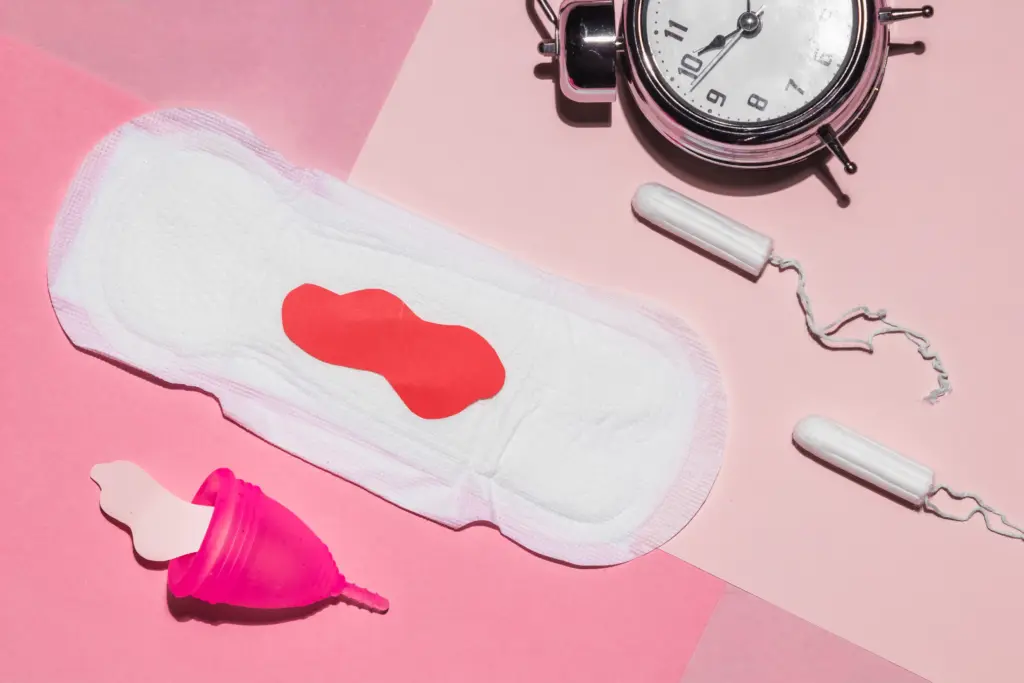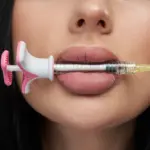Summer intimate health is an essential yet often overlooked aspect of women’s wellness. While the warm season is perfect for vacations and beach days, it also increases the risk of infections due to sweat, humidity, and prolonged wet clothing. That’s why following the right summer intimate health tips is key to avoiding common problems like vaginal candidiasis, bacterial vaginosis, and cystitis.
During the hot months, increased sweating, sand, and humidity create a favorable environment for bacteria and fungi. Wearing wet swimsuits for extended periods, tight synthetic clothing, and exposure to pool chemicals can disturb vaginal pH and microbiota, leading to summer infections.
Table of Contents
What Are the Most Common Intimate Infections in Summer?
1. Vaginal Candidiasis
Caused by the fungus Candida albicans, this condition is common during summer due to heat, humidity, and wearing wet clothing. Symptoms include itching, burning, and thick white discharge. If left untreated, it can become recurrent.
2. Bacterial Vaginosis
This imbalance of natural vaginal bacteria can cause discomfort, discharge, burning, and a fishy odor. Summer factors like tight clothes and pool chemicals contribute to bacterial overgrowth.
3. Cystitis
Cystitis, or bladder inflammation, causes frequent urges to urinate and pain. Dehydration and tight clothing increase its likelihood. Drink plenty of water and practice good hygiene.
Additional Tip: Avoid using harsh soaps, shared towels, or sitting on contaminated surfaces — these can raise infection risks in summer. The use of harsh cleansers, shared towels, or sitting on contaminated surfaces can also increase the risk of infection.
Prevention and Practical Tips for Intimate Hygiene in Summer

- Proper Intimate Hygiene: Use gentle cleansers with a physiological pH and free of irritating ingredients or fragrances to maintain microbial balance. Wash frequently but gently, and always dry the intimate area well after showering or swimming.
- Change Out of Wet Swimsuits Promptly: After swimming, it’s recommended to change into a dry swimsuit to avoid prolonged humidity and bacterial growth.
- Appropriate Clothing: Choose cotton underwear and avoid overly tight clothing to allow good ventilation.
- Stay Hydrated: Drink at least 2 liters of water per day to keep mucous membranes hydrated and help prevent infections.
- Diet and Lifestyle: Changes in diet during summer can affect gut function, potentially leading to constipation or diarrhea. Gut dysbiosis has been shown to influence vaginal flora. Consider using scientifically supported vaginal or oral probiotics to restore balance.
Also, remember to protect your intimate health from sexually transmitted infections such as chlamydia, gonorrhea, and HPV by taking proper precautions. The HPV vaccine is a highly effective preventive measure and is recommended for all children and adolescents, as well as adults up to the age of 45, especially if they have risk factors.
What to Do If You Have Symptoms of a Vaginal Infection?

If you experience symptoms such as itching, burning, unusual discharge, or pain during urination, it’s important to consult a gynecologist or trusted healthcare provider. Avoid self-medication or home remedies, as they may not resolve the issue and could even worsen the condition.
At Paradise Wellness, our gynecology specialists are here to help you with an accurate diagnosis and the most appropriate treatment for your condition.
Sources:
PubMed – Warmer Weather and the Risk for Urinary Tract Infections in Women
Frequently Asked Questions (FAQs) About Summer Intimate Health
Can swimming pools cause vaginal infections in summer?
Yes, spending extended time in swimming pools — especially with chlorinated water — can disrupt the natural vaginal pH and increase the risk of infections like vaginal candidiasis and bacterial vaginosis. Always change out of wet swimsuits promptly and rinse the intimate area with clean water after swimming.
What is the best intimate wash for summer?
Choose a gentle, fragrance-free intimate wash with a physiological pH (around 4.5 to 5.5). Look for products specifically designed for the intimate area that maintain the natural balance of the vaginal flora, especially during hot and humid months.
How can I prevent vaginal infections in hot weather?
To prevent infections:
Wear breathable cotton underwear
Avoid tight, synthetic clothing
Stay hydrated
Practice daily hygiene with the right cleanser
Avoid sitting in wet swimsuits
Consider vaginal or oral probiotics to support microbiota health
Are probiotics helpful for vaginal health in summer?
Yes. Oral and vaginal probiotics can help restore and maintain healthy vaginal flora, especially after antibiotic use, excessive sweating, or diet changes. They may prevent recurring yeast infections and bacterial vaginosis.
When should I see a gynecologist for intimate discomfort?
If you experience symptoms like persistent itching, unusual discharge, burning sensation, or pain during urination, it’s important to consult a gynecologist. Avoid self-treatment, especially during summer when symptoms can worsen due to external triggers.
Note: The information in this article is for informational and educational purposes only and is not intended as a substitute for professional medical advice, diagnosis, or treatment. If you have any concerns or symptoms, please consult your doctor or a specialist.











Your article helped me a lot, is there any more related content? Thanks!
Thanks for sharing. I read many of your blog posts, cool, your blog is very good.